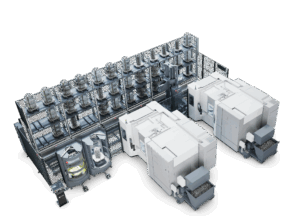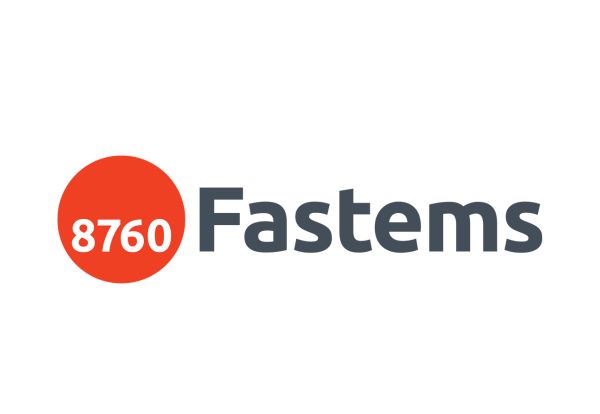Beyond ‘1-Man-1-Machine’ Tradition – Flexible CNC Automation Drives Higher Profits
In the CNC machining industry, the most typical driver for investment is a new production need: either an increase in the volume of existing parts or the introduction of new parts to manufacture. Traditionally, this has meant purchasing a new machining center, hiring a CNC machinist for each shift, and acquiring the necessary fixtures and cutting tools for that machine.
While this ”1-man-1-machine” approach does provide the additional capacity required, it also leads to a proportional increase in operating costs. As new CNC capacity is added, the costs associated with labor, equipment, and maintenance rise correspondingly. This model, though effective in meeting immediate production needs, can result in inefficiencies and higher expenses over time.
How and Why to Increase Manufacturing Flexibility?
Flexible manufacturing is the opposite to ’1-man-1-machine’ philosophy. Instead of dedicating machines to specific jobs, in flexible manufacturing any job can be machined with any available machine tool. Based on any current production need, every resource and machine can be flexibly dedicated to what is needed to produce at that moment – enabling higher machining capacity utilization, shorter lead times, and lower WIP. Flexibility manufacturing is also resilient – even though one of the CNC machines was out of use, those jobs could be run with other machines without extra effort.
To enable this, you need to take overall control of both the physical and information flows in your manufacturing. Out of the available strategies, flexible manufacturing system FMS is probably the most developed one. FMS is a CNC automation designed specifically for mixed manufacturing needs. It is integrated with your CNCs, it has full visibility on your production orders, and it knows how exactly each of your parts are manufactured. FMS schedules and delivers all jobs to your CNC machines so that (1) the overall machining capacity is maximally utilized, (2) every job is ready on time, and (3) minimal time and resources are required.

1 In FMS, the jobs are shared between all the machine tools. The production resources: labor, pallets, fixtures and tools, are shared between the CNC machines – meaning that less pallets, fixtures and tools are needed, and one operator can take care of multiple CNC machines, ultimately reducing cost per part.
Top 5 Benefits of Flexible Manufacturing and How to Get There
- Minimize CNC Investment: Don’t settle for low machine utilization. Expect at least 70% and purchase only the amount of machine tools you REALLY need. Plan your production resource investment (pallets, fixtures, tools) so that you can share your resources between machines and generate large enough pallet storage to make sure your machines run also during lights-out periods like nights and weekends.
- Reduce the Cost per Part: When the jobs and production resources are shared between your CNCs and each operator has time to take care of multiple machines, your operating costs are lower, reducing the cost per part. Flexible automation also minimizes the machine tool idle times, allowing for higher machine utilization. You can basically unleash the hidden capacity of your production resources, which improves your profitability.
- Attract and Retain Talent: Talented CNC machinists are highly valuable today, and finding enough of them for ‘1-man-1-machine’ production is rather difficult since everyone needs to master everything. Flexible automation allows for skill-sharing, enabling specialists to focus on specific processes rather than operating a single machine. This improves work ergonomics and overall job satisfaction.
- Scalability in Market Fluctuations: Automated production can quickly scale up or down based on demand, ensuring full capacity utilization and maintaining profitability during market changes.
- Adapt to Changes and Keep Your Spindles Running: When there is a sudden change such as your machine tool breaks, raw materials are late, or an urgent customer order comes in, what do you do? Will you get the important jobs ready on time? Flexible automation reschedules your production in real-time when the unexpected happens. Since your automation system has visibility over your order backlog and your available production resources, it is always capable of prioritizing the production so that the most important jobs are delivered on time.
Transforming the manufacturing philosophy is easier said than done. However, after witnessing thousands of successful manufacturing transformations and growth stories, we can guarantee it is worth the effort. Are you ready to supercharge your CNC machining?






